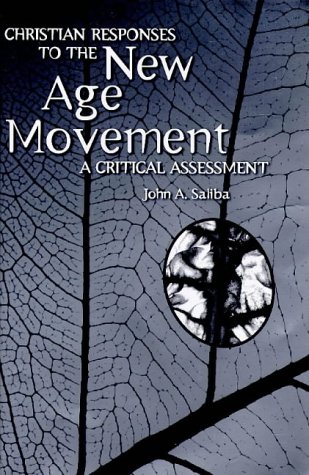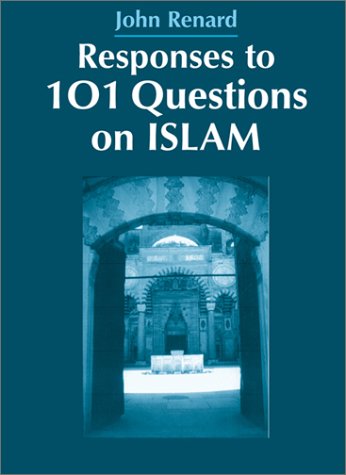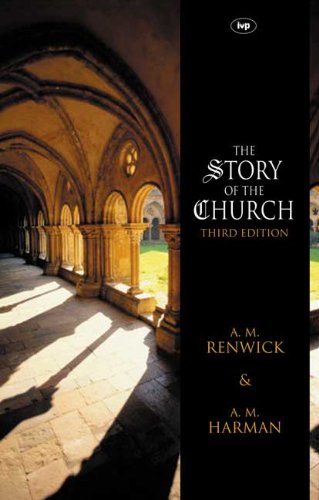Do we create the world? Or has it already been created?
Do we create God? Or is he there already?
Do we create truth, and meaning, and value? Or are these things already there?
‘Creating,’ said Nietzsche, ‘that is the great salvation from suffering, and life’s alleviation … what would there be to create if there were—Gods!’
Christianity says God is the centre and source of everything. We are not the creator, whether of the world or of God, or of truth or value. We’re created, though in his grace God has called us to share in the joy of his creativity.
Western culture, soaked through with Enlightenment humanism, insists on putting humans at the centre of the universe and so as the source of everything. Where God was once the creator and source and explanation, we have to be. Where God once told us truth or provided moral standards, they now depend totally on us.
Cupitt, the prophet of humanistic religion, has one great virtue, and that is consistency. Long ago he chose to abandon belief in the Christian God who created the universe and revealed himself to us in Jesus Christ and the Bible. Unlike many who seem to believe that we can reject such a God, and still maintain things like knowledge, meaning, value and truth, Cupitt has consistently followed through the implications of abandoning the God of orthodox Christianity, losing on the way not just Christian truth and an objectively real God, but an objectively real universe and all other forms of truth as well. In this book he courageously seeks to assess what he has got left. What he thinks it might be he calls Being, and engages with Heidegger in an extended discussion of what Being could be like.
He’s not so bold as to claim to have found what Being is. He can’t, of course, follow those who equate it with God, nor can he allow it any objective existence. With Nietzsche (and Nietzsche, both directly and mediated by Heidegger, is clearly his master throughout his discussion) Cupitt realises that, once we have lost God, the source of being has to be in ourselves. With Heidegger he accepts that on examination Being turns out to be nothing (‘As for Being, it is no-thing’ (149)), a position he’s happy to call Buddhism (8).
Then why write a book about the religion of nothing? Cupitt might give two answers. The first is that this isn’t really a book, but a kind of poem. ‘Being—what’s that? Answer: Nobody can say, but this book was meant to be a sort of poem in praise of it’ (165).
But, secondly, when God and the real world and truth and meaning and value and everything else have gone, one thing we have got left, says Cupitt, is language. Not, of course, language shaped and made meaningful by what is out there, for, without a God who creates and reveals, there is no out there. But language as something, just a little something, that we have. Maybe it’s not even language, but a kind of shadow of language. And so to the conclusion of the whole book; ‘Non-language is Being’. And that is the object of Cupitt’s new religion of the future (165).
I’ve mentioned one virtue in Cupitt, so I may mention one vice. The way he handles the ideas of those he disagrees with, principally those who still accept orthodox Christianity, is far from what you’d expect from a refined and educated Cambridge don. His method is crude parody and curt dismissal. One example will have to do: the monotheists’ idea of God, we are told, makes his existence ‘an infinite and eternal absolute spiritual dictatorship. Nothing more extreme, overwhelming and terrible ever has been or ever could be imagined by human beings’ (121). Has he never read the New Testament?
Cupitt will go on writing (and he’s a gifted writer); and people will go on reading him, if only to see how much further he can go in his pilgrimage from reality into nothingness. For me his chief value is the way he shows clearly the choice before us: either the real God, or nothing. People still believe we can cut loose from the creating and revealing God of the Bible and still have meaning and value and truth. Even Cupitt once believed that. But now he knows we can’t. Without such a God we have nothing.
Peter Hicks
London Bible College







